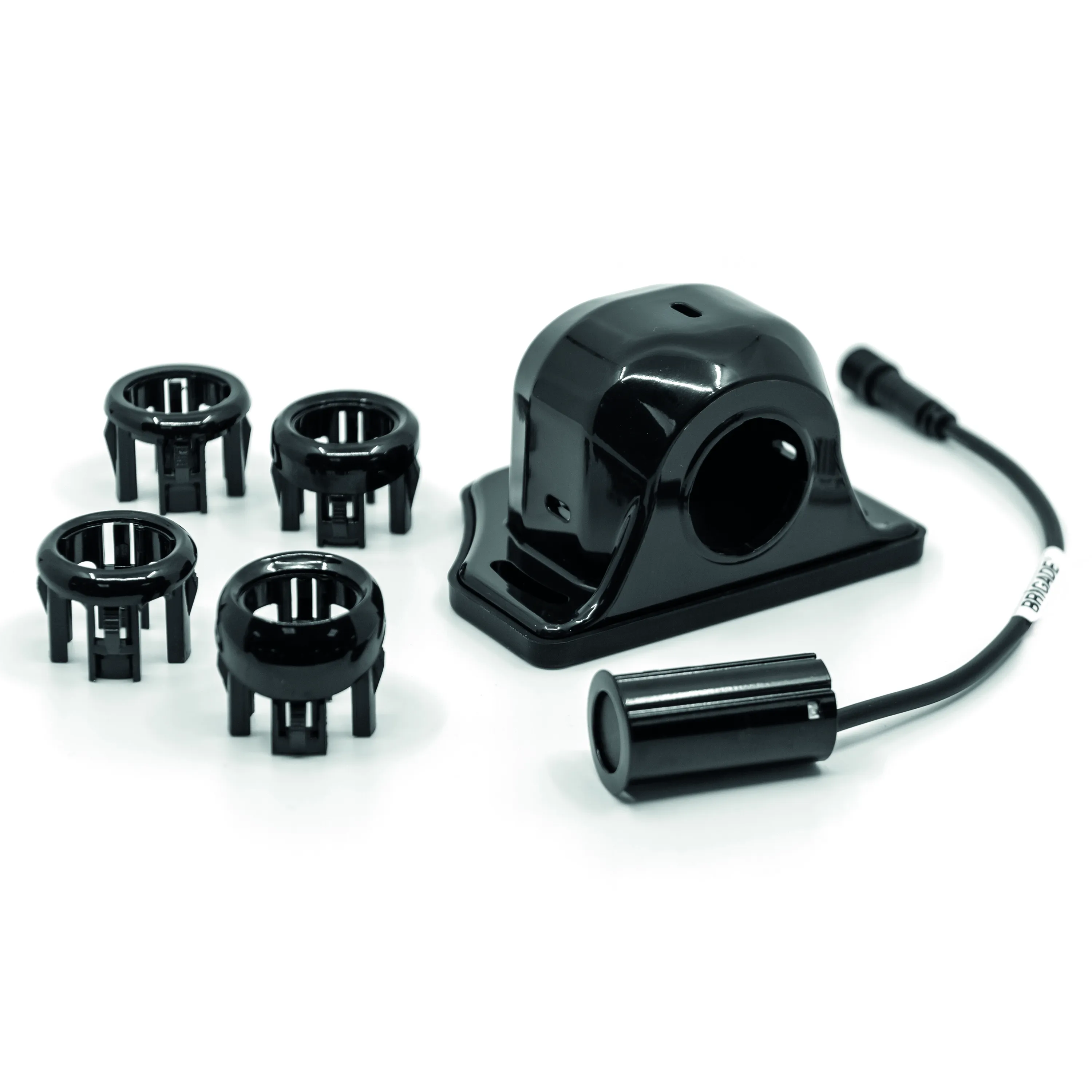Honda Motor Company has announced the successful development of what it claims is the world’s first technology to detect the potential for traffic congestion and determine whether the driving pattern of the vehicle is likely to create traffic jams. The company developed this technology while recognising that the acceleration and deceleration behaviour of one vehicle influences the traffic pattern of trailing vehicles and can trigger the traffic congestion.
April 27, 2012
Read time: 2 mins
In conjunction with the Research Centre for Advanced Science and Technology at the
With the goal to bring this technology to market, Honda will begin the first public-road testing of the technology in Italy and Indonesia in May and July of this year, respectively, to verify the effectiveness of the technology in minimising vehicle congestion.
Rather than providing information to help the driver avoid existing congestion based on current traffic information, the system monitors the acceleration and deceleration patterns of the vehicle to determine whether the driver’s driving pattern is likely to create traffic congestion. Based on this determination, the system provides the driver with appropriate information, including a colour-coded display through the on-board terminal, to encourage smooth driving which will help alleviate the intensity of acceleration and deceleration by trailing vehicles, thereby helping to prevent or minimise the occurrence of vehicle congestion.
Moreover, the positive effect on minimising congestion and fuel efficiency improvement can be further increased by connecting the on-board terminals to cloud servers to make the driver aware of and in sync with the driving patterns of vehicles ahead by activating the ACC (adaptive cruise control) system at the right time to maintain a constant distance between vehicles at the most appropriate interval.








